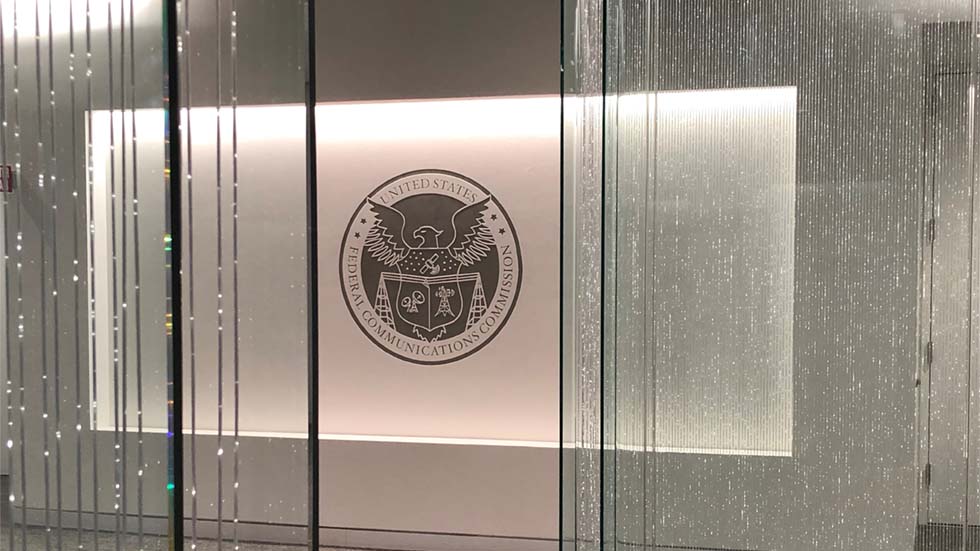RTNDA to Justice Scalia: Treat Broadcast Equally With Print
U.S. Supreme Court Justice Antonin Scalia allows print journalists to use electronic devices to cover him but does not allow electronic reporters the same rights, so says the Radio TV News Directors Association, which is fighting for equal treatment of electronic press.
RTNDA has asked Scalia to reverse his policy of excluding electronic journalists from covering his public appearances. In a letter to Scalia, RTNDA President Barbara Cochran thanked him for apologizing to reporters whose tape recordings of his speech were erased recently, but implored him to give radio and television reporters the same access he gives the print media.
"I am deeply disturbed by your decision to allow newspaper reporters to use their electronic recording devices (for checking accuracy) while continuing to prohibit radio and television journalists from using theirs," wrote Cochran. "Surely, television and radio reporting should be just as accurate. One of the reasons that the public turns to radio and television for its news is because they can see and hear for themselves exactly what took place."
Cochran stated that to exclude tape recorders and TV cameras is like taking away pencil and paper from print reporters. "Your policy puts television and radio journalists at a distinct disadvantage," she wrote.
Cochran called the inequity a First Amendment issue and called on Scalia to allow radio and TV reporters to cover events that are open to the public and to the print news media.
Last week, a deputy U.S. Marshal to erase the tapes of two reporters who were covering Scalia in Hattiesburg, Miss.
RTNDA has written to the director of the U.S. Marshal Service to urge him to instruct all employees that such behavior is wrong.
Cochran reminded Scalia it's been two decades since the U.S. Senate and House of Representatives allowed cameras and microphones into their chambers. All 50 states now allow electronic coverage of at least some part of their court system. Only the federal judiciary remains off-limits to television and radio. "That's why we have been so gratified that the U.S. Supreme Court has begun releasing audiotapes of significant oral arguments immediately after they occur," wrote Cochran.
Get the TV Tech Newsletter
The professional video industry's #1 source for news, trends and product and tech information. Sign up below.
